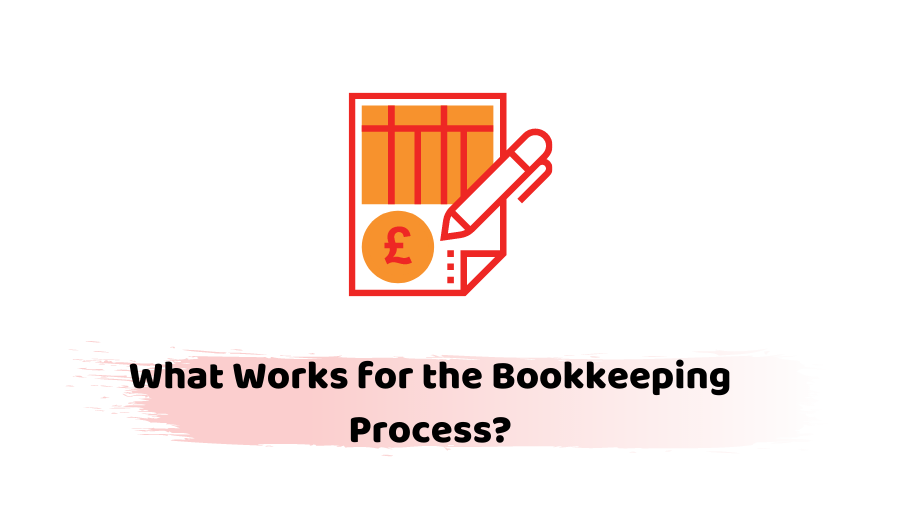The bookkeeping process is one of the most integral parts of any company, as it’s the key to ensuring that it has a complete record of every transaction. Without a conclusive bookkeeping record, you won’t be able to track your spending and you won’t have proof of your financial statements.
This can put your company at risk of being investigated by HMRC and it can stunt the growth of your company significantly. It’s a tedious job, but someone has to do it.
If you’re looking to improve your company’s bookkeeping process, here are three ways you can do so:
1. Assess your needs first
The first thing you need to do when you’re looking to improve the bookkeeping process is to assess the inefficiencies?
Run the analysis to see where you’re wasting your money and time. Hold a meeting with the accounting team to see what you can do to make it better.
You’ll need conclusive evidence of how these unoptimized processes are causing trouble within the organization. These help you with a tangible solution.
Keep in mind that you’ll need to be patient with the process, as you will need the team to adjust their work process to suit the new system, which means that it may not pay off immediately. You will need to be open to feedback regarding the new system so that it can be made more suitable for everyone involved.
2. Work on your automation process
Thanks to the consistent and repetitive nature of the job, the bookkeeping process can be streamlined through automation. You can use accounting platforms such as Xero, as they will enable you to record your data on a cloud-based platform.
This helps you cut down the need for space to store all the paper-based documents. You can store the majority of them on the cloud instead, which you can access any time you need to.
You can also install some plug-ins that will link your online transactions to the system immediately. It will help cut down on the time it takes for you to record all your transactions manually. This is partly why companies are shying away from traditional cash transactions, as they are usually more complicated to process than digital purchases.
3. Outsource your Bookkeeping Work
If you’re running a small startup, it’s understandable that you may not have a professional accounting team to help you with your bookkeeping process. It may not be the wisest decision to overspend on your accounting department when you don’t have an immediate need for it.
If this is a situation, the next best thing is to outsource your bookkeeping to a third-party. Professionals have access to the best accounting tool. They can keep track of your finances without requiring any additional resources. It’s a more sustainable and scalable solution for a growing company.
Accotax specializes in accounting for small businesses, get in touch today to see how we can help.





















































